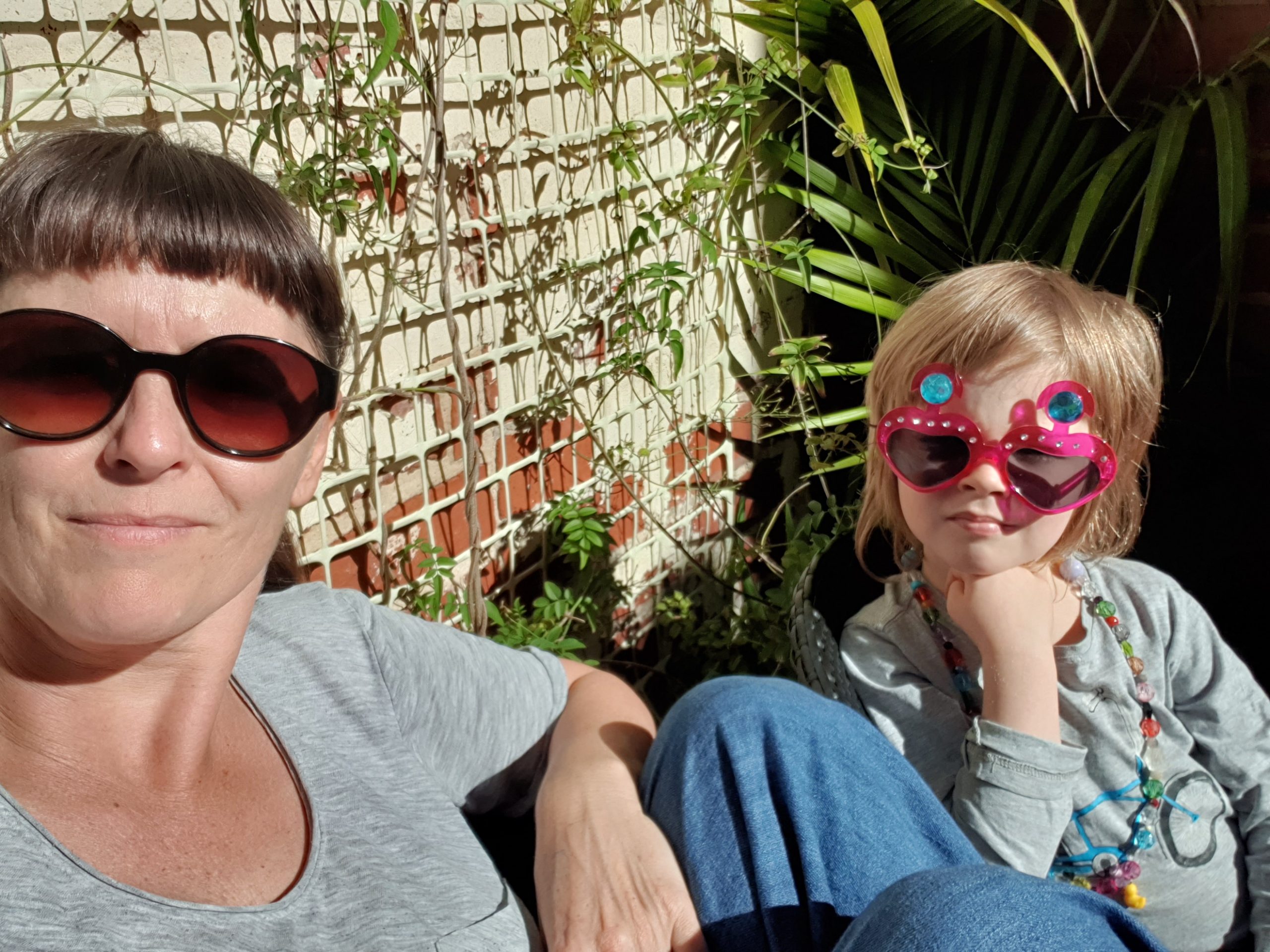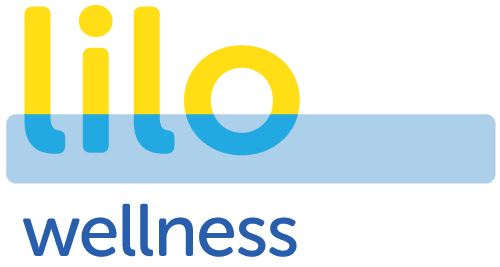
25 Apr How and why I shared my ADHD diagnosis on Facebook

So why did I share my ADHD diagnosis on Facebook? It’s simple. If there was less shame and stigma associated with ADHD, I’d have known so much sooner and received he help I needed.
I want to normalise it as much as possible. Some brains are different. And in some ways, it’s cool to have a different brain to most. Though in other ways it completely sucks but SO MUCH MORE SO when you don’t know!
I figured, if I can help just one other person find out and get the help they need, I’ll be stoked! I’ve had dozens of women thank me for my candidness as it has helped them feel so much less shame and get a diagnosis themselves.
This is how the post went…
I have some massive life-changing news. (Big share warning…)
I have recently found out that all my life I have had a neurological condition that affects my brain’s “executive function”. So, what does this mean exactly?
Well, for me (it’s different for everyone) it means I often have a very hard time focusing on, and therefore understanding many subjects, I have a hard time in relationships and I have a hard time with ‘impulse control’ – I might say or do the wrong thing without awareness that it may not be a good idea or binge eat too much for example.
My short-term memory is terrible and I forget appointments and things that people say all the time. I have problems with planning, sequences of instructions and information – for example, I can’t follow a recipe or a mathematical problem to save my life. I have to think about my left and right.
This is made worse by the fun hormonal changes middle-aged women go through – I seriously cannot believe I am turning 50 this year… but let me give you an example of a week I had two months or so ago.
Day one – I realised I had left meat in my hand-bad, the hard way
Day two – I left the front door open when I went to the aquarium with Harry and forgot about the public holiday so someone who picks Harry up from kinder on Mondays arrived there only to find it closed
Day three – I “carelessly” knocked a glass off a table
Day four – I lost track of time and was late for a specialist appointment at the Royal Children’s Hospital, left Harry’s lunch at the gift shop and then forgot to get a script filled at the chemist before heading to the car…
All things we all do, but not every day. It is embarrassing as people think you’re hopeless. And the mental energy I have to use to stay on top of things in my business, at home and for Harry’s (my autistic son’s speech therapy, OT, Psych, and socials skills sessions, and all the admin this requires in terms of scheduling, NDIS reimbursements etc is utterly exhausting.
This condition has meant that I have always performed beneath my ability in all but a few areas of life. Reports ALWAYS read, “makes careless mistakes, is not performing to her ability”. And that I have been told I talk too much and am a terrible listener most of my life.
And it means that it’s harder for me to manage my emotions than it is for most people. I’m super quick to be stressed or upset and it’s difficult to calm down. My feelings are very intense, often, despite all the meditation etc I do…
However, now that I’m getting treatment and better understanding things are improving a LOT. And now I can enjoy the good side of my condition such as having very creative, problem-solving mind and being really smart in many ways’ others aren’t. The ideas rarely stop!
The fact that my emotions are full-on due to having difficulty regulating them has made me super sensitive to others’ suffering and I have always tried to help in any way I can, a trait common to those of us with this condition.
The crazy thing is I have been teaching stress management techniques, meditation and yoga for nearly 10 years now knowing that these skills are incredibly important for executive function – the very problem I have. Along with exercise and medication, these strategies are considered the most effective ways to treat it.
And I can’t tell you how amazing it feels that, after nearly 50 years, I now have a name for my condition. I have ADHD.
For most people, it’s a life-long condition and it’s believed to affect 5-7% of the population. It’s terribly named, especially for women and girls, because often there is no obvious hyperactivity or inattention. Crazy right?!
And I’m so bloody pleased I now know why I have struggled in every area of my life – until discovering meditation etc when things became a lot easier. These techniques saved my life. Though I do pretty well these days it has not been easy…
Parenting is not easy, parenting a kid with autism is even harder. I’m writing this to raise awareness and to rage gently against the ridiculous stigma the condition has. This stigma and a lack of awareness mean so many girls and women go without diagnoses for WAY too long, often never knowing why they struggle as they do.
Now I know what my condition is I can understand my strengths and challenges better than I ever have and make sure my needs are being met. I’m lucky I have a massive head start; I’m doing so many of the recommended strategies. Now I can just take it all to a whole other level.
And in relation to celebrating strengths, in a time when thinking outside the square is arguably more important than any other time in history, this is something people with ADHD are particularly good at. Many believe that Einstein for example and Richard Branson had/have ADHD.
I’m not dropping these names in here to point out how awesome we are, but instead, I think it’s incredibly important that all variances are celebrated for their strengths. Just as we recognise that Greta Thunberg is not incredible despite her autism but because of it.
And I love how Jessica McCabe puts it in her TED talk. As she says, people with ADHD not only think outside the square, they don’t even know there’s a square! In another example, we are also apparently 300x more likely to start their own business.
In my case, green as can be, I once pulled off an Indigenous art auction that raised $250K for Aboriginal kids’ health research. And I got close to $1,000,000 funding for a web resource and grass-roots national network tackling a particular area of Aboriginal kids’ health that was then used as a model for similar resources for different health problems.
In both those instances, there was no square. And there’s no way I’d have achieved these things if it wasn’t for my crazy brain! I hope one day we live in a world where kids, and particularly girls’ parents are not horrified to hear their child may have a very special brain that needs some extra care but that they recognise that given the right support it means they will be able to do truly extraordinary things.
It’s been a very steep learning curve in our family wrapping our heads around Harry’s autism and the whole notion of neurodiversity. That was just over a year ago.
I mean I knew I was not remotely typical. So, there you go, now I know why! Turns out we have two atypical brains in our little family, out and proud as punch.
Xxx
PS If you ever want to talk about this stuff with me or you have any questions don’t hesitate to give me a call. Or ask away on here.
PPS It feels insanely uncomfortable sharing this, but I’m a very open person and I’d share about other life-changing news so it feels right, like I’d be buying into the shame around it if I didn’t… Thanks for reading and for your understanding.
______
The response I got to this post was amazing. So incredibly supportive, and many women reached out to ask more.
So why am I sharing it here? Because I hope it inspires you to feel that you can also let people in your life know about your different brain if this applies to you. There are times when people aren’t so understanding, of course, especially family, but generally only out of ignorance. In time most people come to understand better, except perhaps in the case that they are fighting their own battles that keep them locked into certain ways of thinking.
At the end of the day, how can we possibly expect people to understand if our experiences of having ADHD are hidden away? It’s only when ADHD is spoken about openly and without shame that we can expect people’s attitudes to change.
Finally, one of the best sources of info in plain English about ADHD that I recommend is Additude Magazine online so check it out if you want to read up on all sorts of fascinating facts about ADHD.


